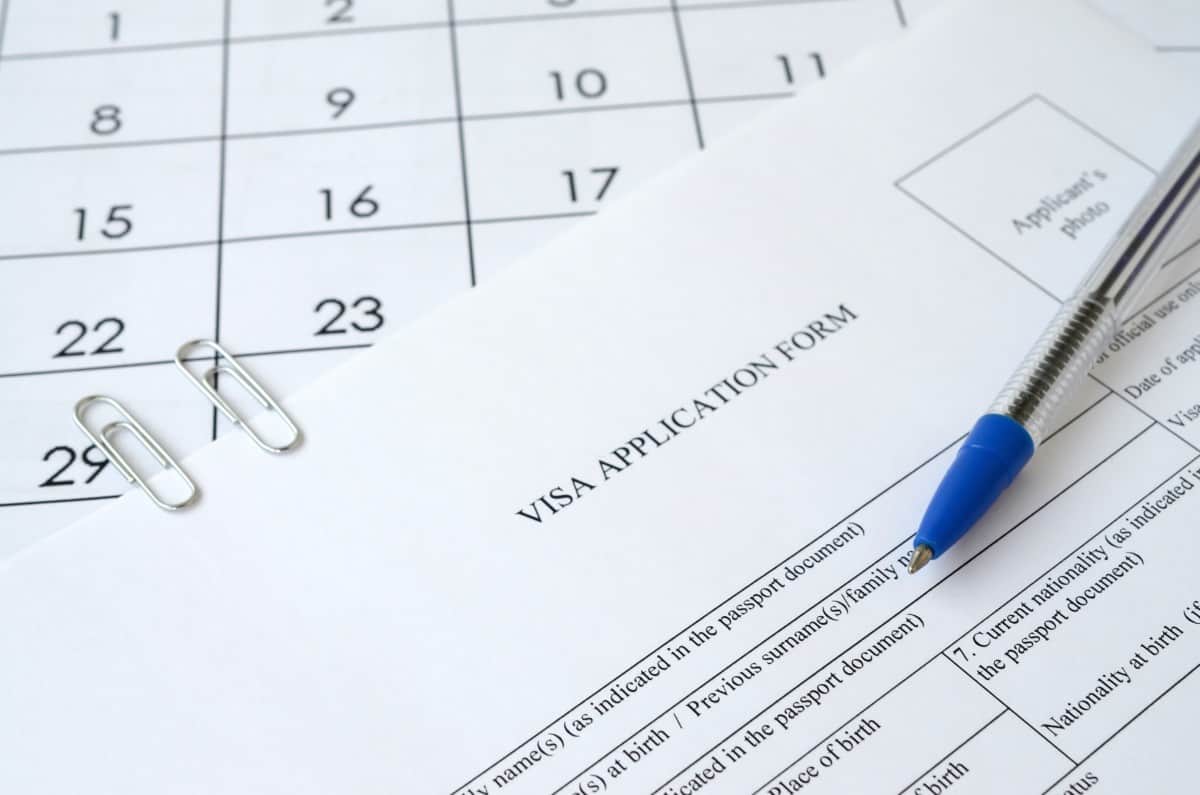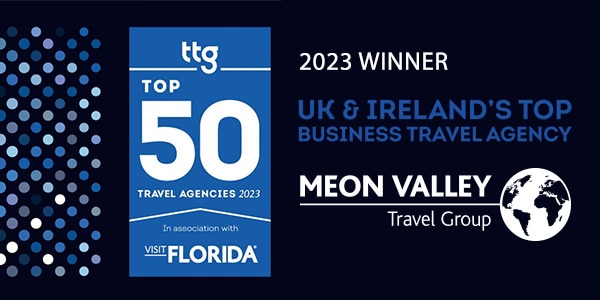In the ever-evolving world of business travel, the UK’s departure from the European Union has introduced a new set of complexities for both travellers and businesses alike. While some aspects remain largely unchanged, others have transformed significantly, requiring a fresh approach to navigating cross-border travel.
Meon Valley Business Travel’s partner CIBT deals with these issues daily. Key account manager Nigel Cleur said: “What Brexit has done has forced the worlds of business travel, immigration and mobility together and those clear divides have now been completely blurred. You have a situation now where business travellers have to follow and conform to the regulations in place for immigration.”
He gives the example of sending a stage crew to Denmark for a three-day live event. This now requires a work permit with residence and has led to frustration from clients who query the need for such a short period. Conversely, he points out an anomaly in Denmark – the Fitter Rule – where if you buy a piece of equipment and if installers need to fit it, they do not need a work permit.
CIBT cautions about the need to apply well in advance if permits are needed.
“Typically work permits take around two months to process. It can take longer. Pre-Covid we would hope it would take four to six weeks, but currently, the average turnaround is two months,” said Cleur, who added some in Italy were taking “up to 11 months”.
There is another pitfall for corporate travellers in that the 90 days’ stay permitted in any 180 days includes leisure trips, so any holiday taken in, for example, Spain, counts against the time spent on business there.
“Generally, the traveller is liable to ensure they don’t exceed this, but there is an element of liability on the employer,” said Cleur.
It’s a minefield and navigating it does mean seeking professional advice. There will be those seasoned business travellers who will dress casually to convince border officials they are just on holiday, but it is likely arriving at immigration with bags of product samples minus documentation is riskier post-Brexit than many will want to gamble.
As the Head of Sales Account Management for Meon Valley Travel, it’s my responsibility to ensure that our clients are equipped with the knowledge and support they need to navigate these changes effectively. This means staying abreast of the latest regulations, providing clear and concise guidance, and fostering a culture of informed decision-making.
Demystifying the Visa Maze: A Guide to Post-Brexit Visa Requirements
One of the most significant changes brought about by Brexit is the introduction of a more complex visa regime for UK citizens travelling to the EU. Gone are the days of hassle-free travel within the borders of the single market. While short-term visits for business purposes under 90 days remain visa-free, longer trips or those involving specific activities may require specific visas.
To simplify this maze of regulations, I’ve compiled a comprehensive guide outlining the key visa requirements for UK businesses and travellers.
Short-Term Visits Under 90 Days
For short-term business trips of up to 90 days, UK citizens can still travel to the EU without applying for a visa. However, it’s crucial to carry valid travel documents, including a passport valid for at least three months beyond the intended stay.

Long-Term Assignments or Specialised Activities
For longer stays or when engaging in specific business activities, such as conducting research or setting up a business, a visa may be required. These visas typically have different eligibility criteria and application processes.
Obtaining a Work Permit: Navigating the Immigration Labyrinth
While short-term business trips may be manageable without a work permit, those planning to work or conduct extended business activities in the EU will need to apply for one. The specific requirements for a work permit vary depending on the country of destination and the nature of the work.
Collaborating with a Trusted TMC: A Strategic Advantage
Partnering with a trusted TMC like Meon can provide businesses with a strategic advantage in navigating the complexities of post-Brexit business travel. TMCs offer specialised expertise, up-to-date knowledge of regulatory changes, and a network of global partners to support businesses in their travel endeavours.
Embracing New Challenges, Seizing New Opportunities
While the complexities of post-Brexit business travel may seem daunting, embracing the new norms and leveraging technology can empower businesses to navigate these changes effectively. By partnering with Meon Valley Business Travel and adopting a proactive approach to compliance, businesses can ensure that their cross-border travel arrangements are seamless, compliant, and secure.
As a TMC, we’re committed to supporting our clients in navigating these changes and seizing the opportunities that lie ahead. We believe that with the right guidance and support, businesses can thrive in an ever-evolving global marketplace.
Meon Valley Travel, in partnership with CIBT Visas, can provide advice for UK passport holders travelling on business in the EU/EAA. Please email the Travel Team or call +44 (0) 116 264 5279 to find out more.






